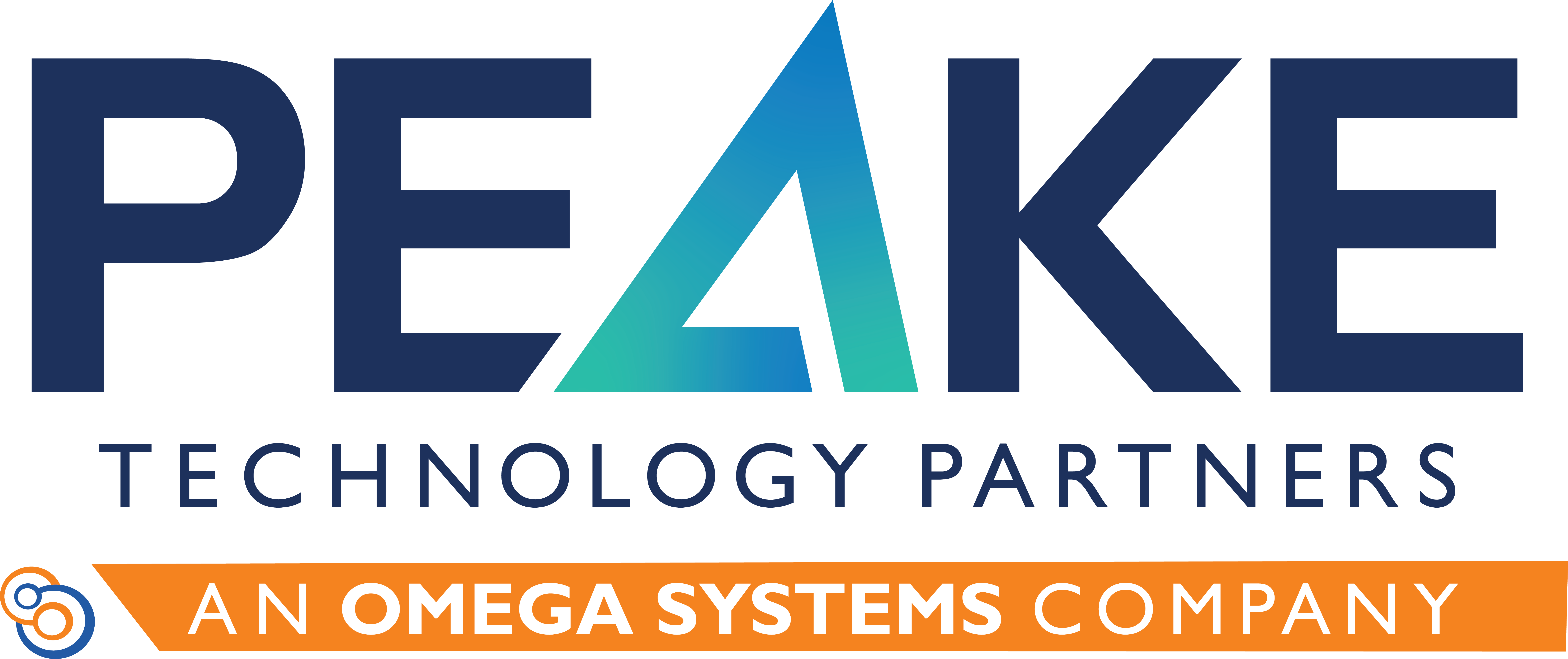A sea change is taking place in the world of electronic medical record (EMR) systems. Private medical practices no longer need to be in the business of owning and operating complicated on-premise EMR platforms. Cloud-based EMR solutions have arrived! Nearly all major EMR vendors now offer a solution to simplify the electronic record-keeping experience by moving practices entirely to the cloud. Before you dive head-first into this new world, some cautious exploration is needed. What are the limitations of the new cloud-based systems?
As veteran practice administrators know, the traditional way of implementing EMR systems for their practice can be complicated and taxing. First, the practice must specify, design, purchase, and install software, hardware, network, and security systems to implement an EMR hosting environment dedicated to the organization. This process requires foresight: if growth is expected, this environment must be sized to accommodate that expansion throughout the system’s lifecycle. If the assumptions aren’t correct, costly unplanned upgrades are the only solution.
Once the system has been implemented, the practice depends on their healthcare IT partner, acting in concert with the EMR software vendor, to support and maintain the system effectively. This important relationship has the potential to make or break the success of the system. However, even the most effective IT partners can’t overcome an inherent limitation of on-premise systems: reliability. Typically, it’s not cost-effective for any but the largest private practices to engineer the levels of reliability we’ve come to expect from cloud-based systems into their on-premise EMR environments. When circuits fail, power goes out, or office suites flood, on-premise systems go down, sometimes with crippling effects on the practice. To add insult to injury, these failures can come with significant costs for mitigation.
But now, mature cloud-based EMR options are a reality! Gone are the problems with self-hosted systems. Flexible scalability is the new normal, and EMR system costs become predictable and manageable. The hassles of owning and operating a complicated hosting environment are now handled by the EMR vendor. The old “location-based” mentality can fade into the past--a flexible and mobile workforce no longer requires complicated remote access solutions. What’s not to love about this new world?
Questions to Ask About Using Cloud-Based EMR Systems
As with everything in life, “the devil is in the details.” Migrating to a cloud-based EMR is no exception. A careful analysis of specific practice requirements could expose some important limitations:
- Feature parity. Does the cloud version of your tried-and-true EMR software support the features that your practice has come to rely on? Seemingly minor feature differences can have profound effects on workflows.
- Data migration. Can all of your historical data make its way to the new system? Will it be accessible in a format that ensures continuity of care for your patients? What about meeting legal requirements for record retention?
- Integrations. Map out all of the third party vendors and systems that interact with your current EMR system. How will each be handled in the new cloud environment? Take a close look at the cost structure for these details--faxing, for example, can get expensive.
- Access to data. Custom reporting software and third-party data analysis services often depend on direct access to your EMR system’s database, which may not be available in a cloud-based architecture. What will this mean for your advanced data access needs?
If it turns out there are some show-stopping limitations to your EMR vendor’s cloud product, not all is lost. A hybrid architecture can provide the best of both worlds! By deploying your EMR system of choice in a private cloud environment such as PEAKE’s, your practice can take advantage of the benefits of cloud architecture while retaining the features and capabilities of your conventional EMR platform. No more hardware upgrades, unplanned outages, or surprise capital expenditures.
Work With a Trusted Healthcare IT Provider
Hybrid cloud strategy, however, is about more than migrating your EMR software to an off-the-shelf cloud provider’s service. Compliance, performance, networking, security, and management considerations must be considered for this strategy to succeed. For this reason, it’s important to partner with an experienced healthcare IT provider during this journey. PEAKE is here to help, and we’re happy to apply our deep experience finding the right fit for each of our healthcare customers’ unique EMR needs. Call us at (866) 357-3253, use the contact form, or schedule a conversation.



